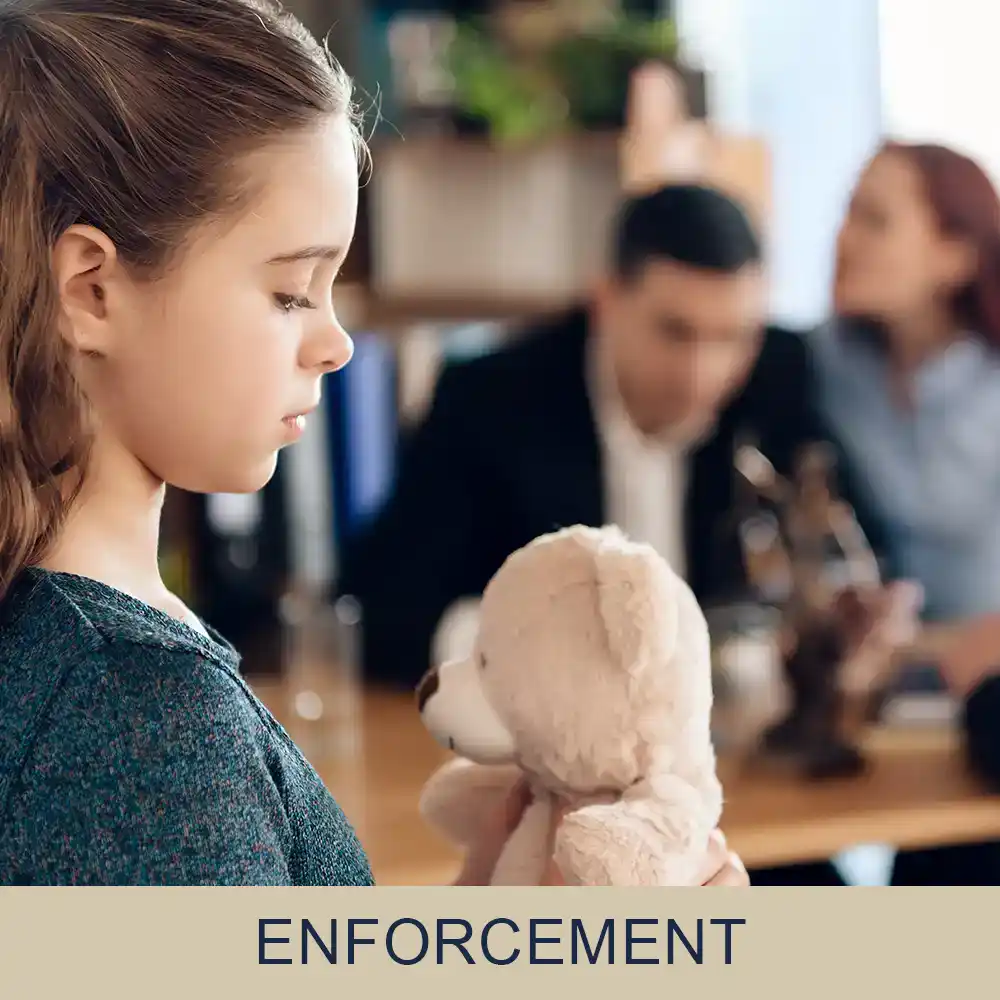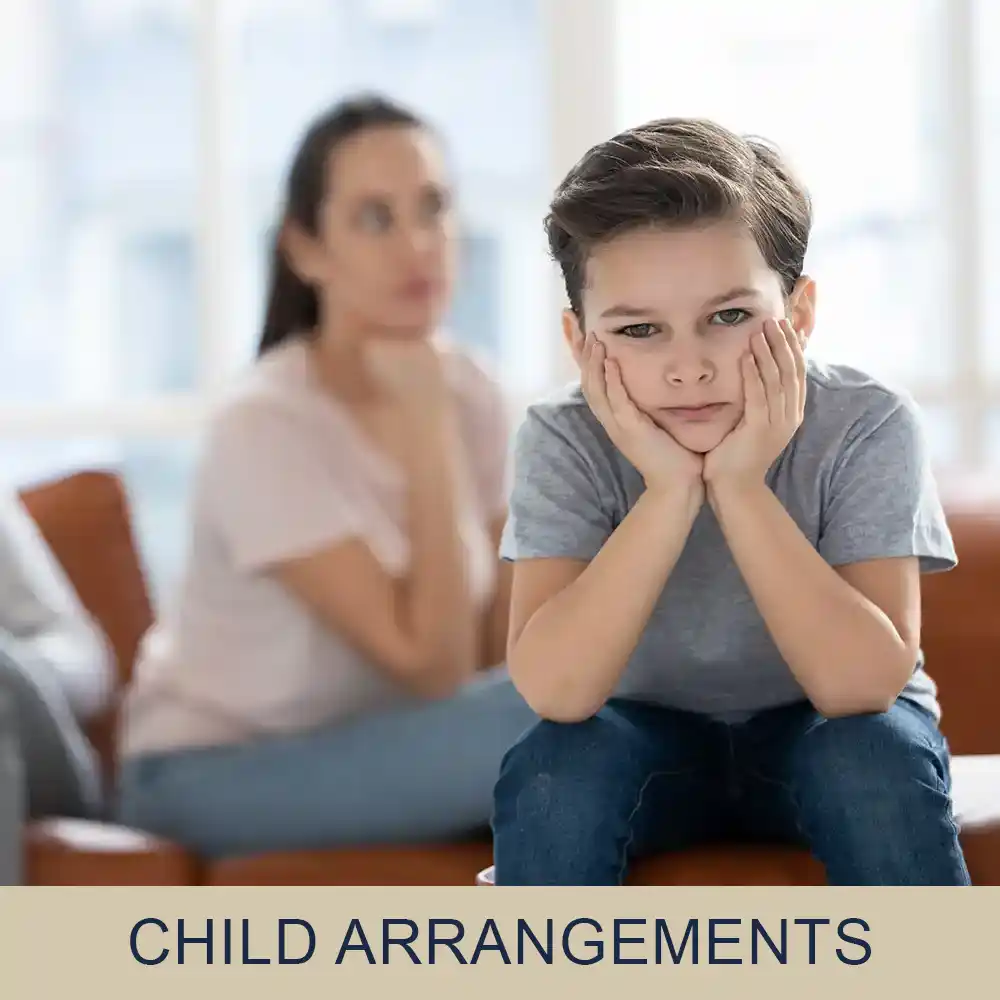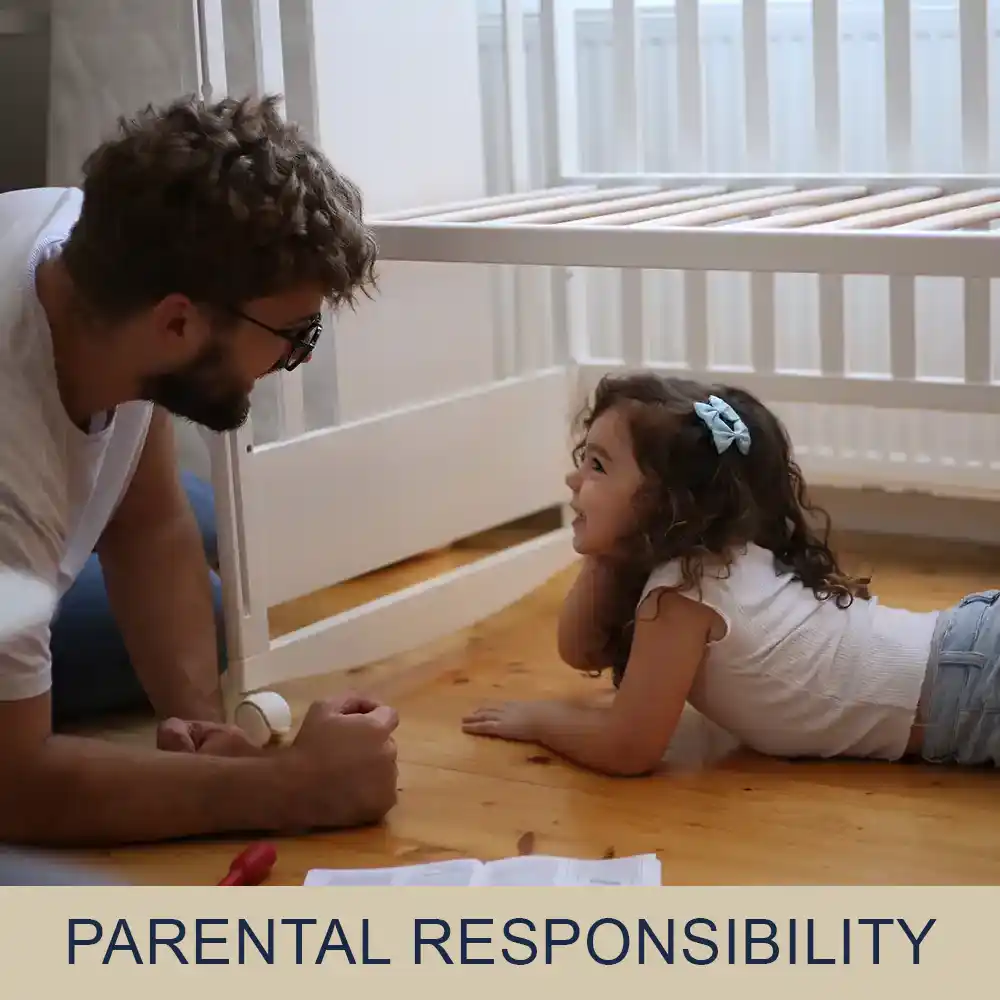Child Arrangements
At Moloney Family Law, we know that when a relationship ends, the most important question is often: what will happen with the children? We understand how sensitive and emotional these issues are, and our priority is always to ensure the welfare and stability of your children. Led by Tracey Moloney, our experienced team provides compassionate guidance and practical solutions to help you reach fair arrangements that protect family relationships.
Key Considerations in Child Arrangements
- Deciding where children will live (residence)
- Agreeing how much time children spend with each parent (contact)
- Shared care arrangements
- Relocation disputes (within the UK or abroad)
- Parental responsibility issues
- Grandparents’ rights to apply for contact
- Mediation and negotiation before court involvement
- Court orders where agreement cannot be reached

Detailed Guidance
The law in England and Wales focuses on the best interests of the child above all else. Courts avoid using terms like custody and access; instead, they use Child Arrangements Orders to set out living and contact arrangements.
Our role is to put your children’s welfare first while ensuring your rights as a parent are protected.
At Moloney Family Law, we can help you with:
- Reaching Agreements: Encouraging parents to work together, often through mediation, to avoid conflict.
- Applying for Court Orders: If an agreement isn’t possible, we will guide you through the process of applying for an order that reflects your child’s needs.
- Enforcement: If the other parent fails to follow an existing arrangement, we can take action to enforce it.
- Complex Cases: Including situations involving domestic abuse, safeguarding concerns, or disputes about relocation.
We tailor our advice to your unique circumstances, balancing compassion with robust representation to protect your interests.
FAQs – Your Most Frequently Asked Questions about Child Arrangements
Who decides where my children live?
Ideally, both parents agree. If not, the court can decide based on what is in the child’s best interests.
Will the court favour the mother?
No. The court does not favour either parent automatically. Decisions are made on the child’s welfare, stability, and needs.
Can I stop my ex from moving away with our children?
If you have parental responsibility, you can challenge relocation. The court will weigh up the impact on the child and family relationships.
Do grandparents have rights to see their grandchildren?
Grandparents can apply for contact, though they must first seek the court’s permission.
Do I need to go to court?
Not always. Many cases are resolved through mediation or solicitor-led negotiation. Court is usually a last resort.
Case Studies
1. Shared Care Agreement
Following separation, a father contacted us after being denied contact with his two young children. The mother was resistant to shared care. Through careful negotiation and, eventually, a court application, we secured a Child Arrangements Order allowing the father regular overnight contact, ensuring the children maintained strong relationships with both parents.
2. Relocation Dispute
One parent wanted to move to another part of the country for work, while the other opposed the relocation due to the impact on contact. We represented the opposing parent and successfully argued that the move would disrupt the children’s stability. The court ordered that the children remain in their current location, with contact arrangements continuing as before.
3. Safeguarding Concerns
A parent sought our help after raising concerns about the other parent’s ability to provide safe care. We assisted in gathering evidence and applying for a child arrangements order. The court ordered supervised contact until concerns were addressed, ensuring the children’s safety while maintaining their relationship with both parents.

Client Comment
“Firstly I would like to thank everyone at Tracey Moloney Family Law for your kindness and professionalism over the course of the 2 or so years of dealing with my legal issue. You made a very difficult process much more bearable.”









